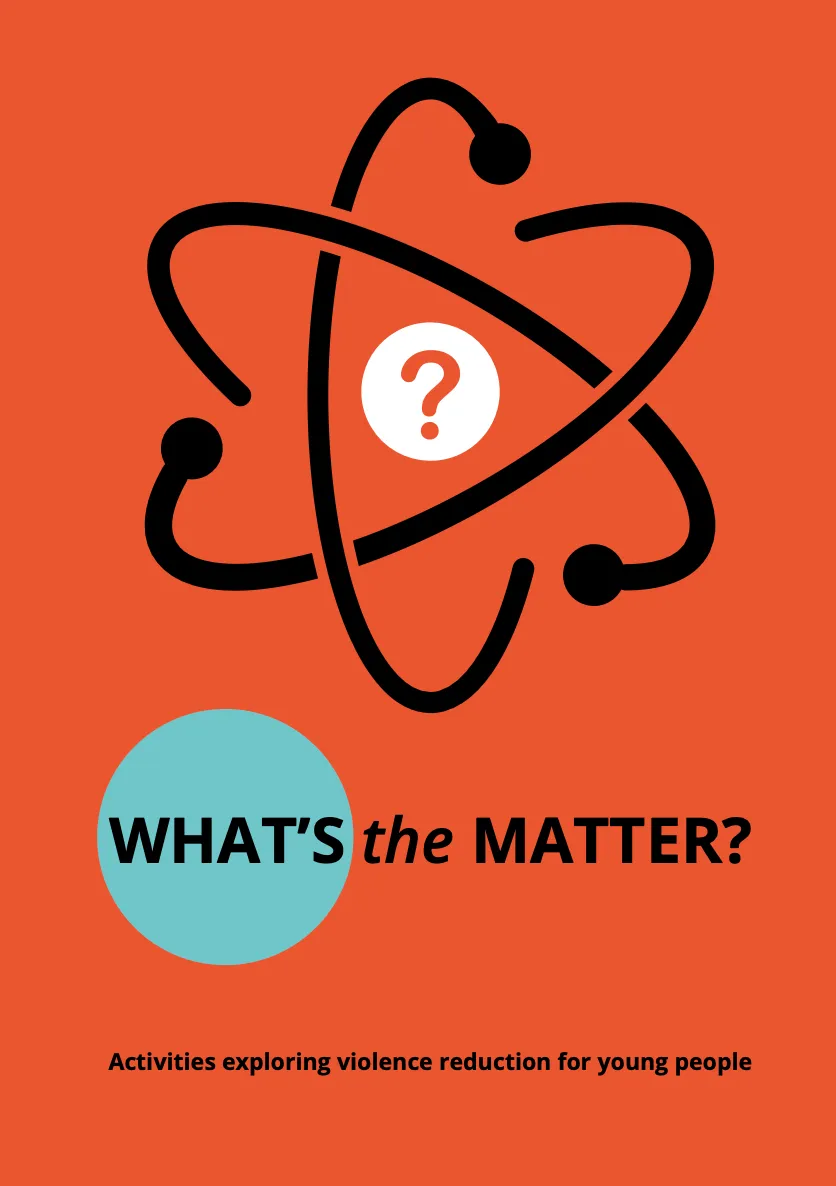
No literature review is conclusive, but there is significantly more literature that provides a broad outline and review of programmes than there is literature detailing the actual content of work with young people in areas afflicted by high levels of violence.
Literature that explores the roots of violence in individuals emphasises the impact of poverty in a context of inequalities; lack of opportunity; ideas about masculinity and the negative portrayal in the media of black and brown boys, white working-class boys, Asian boys, and so on; and the labelling as ‘failures’ of young people who are not able to achieve academically in their secondary education.
These factors can accumulate into a sense of worthlessness, especially for young people whose talents have not been nurtured, who are not academic or who have not been taught that they are special and important as they approach adulthood. Alongside this is a critical combination of confrontations fuelled by social media algorithms and a background of sectarian or territorial tensions in addition to perceived historic and recent injustice relating to deaths and other losses.
Broadly, the literature recommends that projects work in partnership with other organisations, particularly the police but also health and education and other services that provide support to young people. There may also be people with lived experience who are willing to share their stories.
It was put together over many months of discussions and practical activities at Marcus Lipton Community Enterprise (MLCE) in Brixton.
The activities developed in the project have their roots in the research and experience of the contributors and the young people at MLCE.
MLCE has a long history of working in partnership with the police, and establishing strong relationships with the police has supported its approach to young people’s development.
An example of how this can work was reported back to us. The Metropolitan Police uses a mnemonic – Go wisely – when it is training officers to carry out stop and search, which outlines the information the police should communicate (grounds for the search; object being looked for; warrant card of the officer, etc.).
Many of the young people we work with experience stop and search as traumatising.
A young person who had been involved in some partnership work with the police was approached in another area by uniformed police officers who said that they were going to search him. His response was,‘Go wisely,’ and he believes that the search was conducted with more care and respect as a result.
All of the following activities have been informed by the direct experiences of young people and by our reading of research papers on the subject.